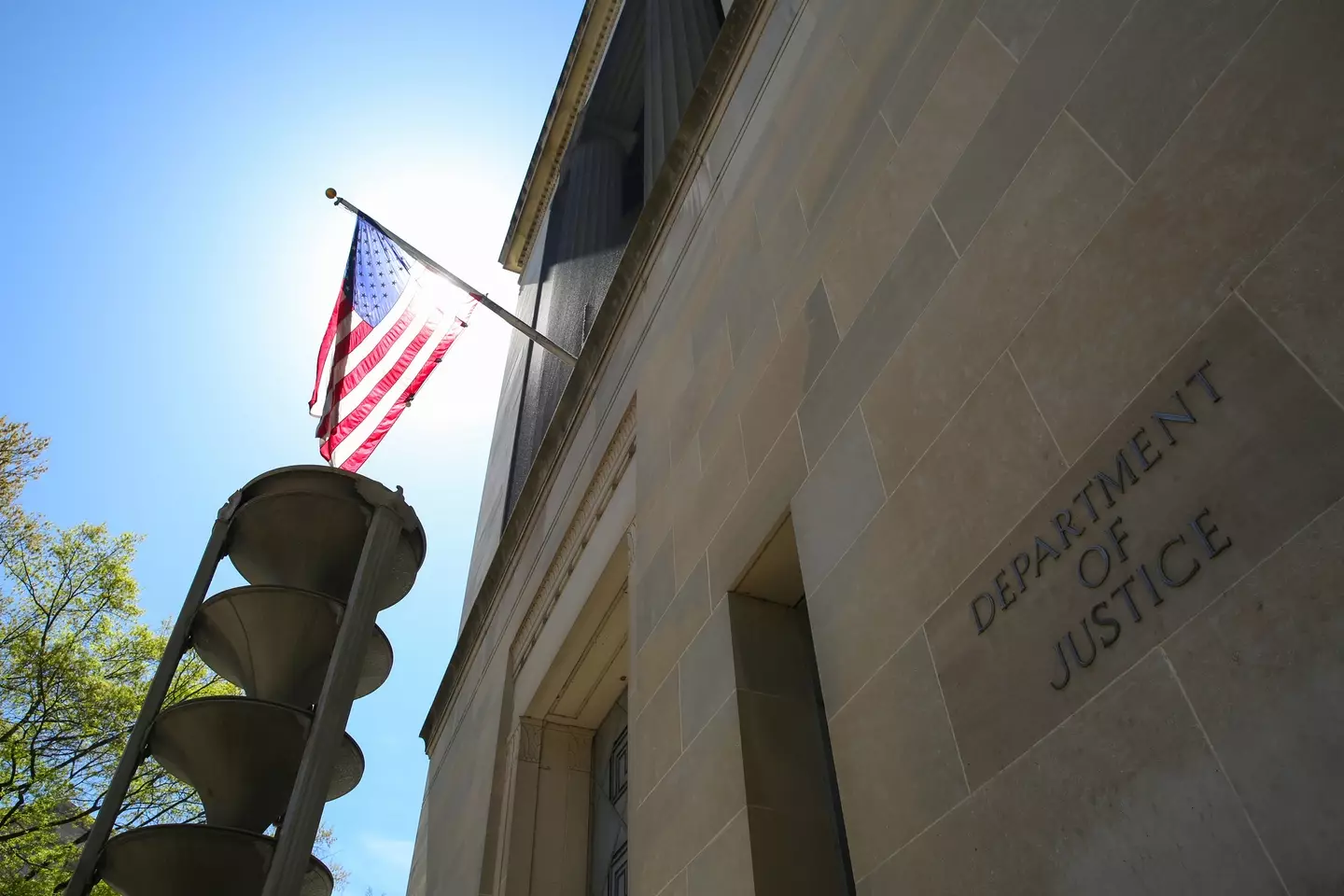A significant development has emerged regarding the destruction of a US judge’s $1.5 million residence, which was completely engulfed by fire.
The home of Diane Goodstein, located in Edisto Beach, South Carolina, was consumed by flames on Saturday, October 4.
The St Paul’s Fire District responded to the emergency, reporting that occupants had to leap ‘from an elevated first floor’ to make their escape.
Three individuals sustained injuries and required hospitalization, among them was Goodstein’s husband, Arnold ‘Arnie’ Goodstein, a former Democratic state senator.
Chief Justice John Kittredge of South Carolina shared with FITSNews that Arnie ‘was in the house with children and perhaps grandchildren’, further stating: “I’m told there were injuries from the fall, such as broken legs.”
Circuit Court Judge Goodstein was reportedly on the beach at the time the fire occurred.
In a conversation with the Daily Mail, she assured that she is ‘all right’ following the incident. The South Carolina Law Enforcement Division (SLED) is actively investigating the cause of the fire.

Initially, Kittredge had described the fire as the result of an ‘apparent explosion’, with uncertainties about whether it was ‘accidental or arson’.
SLED authorities have now provided an update on the situation.
In communication with Newsweek, SLED Chief Mark Keel stated: “At this time, there is no evidence to indicate the fire was intentionally set.”
He also mentioned there was ‘no evidence of a pre-fire explosion’.
Keel further advised: “I urge our citizens, elected officials, and members of the press to exercise good judgment and not share information that has not been verified.”
This incident follows closely after Judge Goodstein’s recent decision against the Department of Justice under Donald Trump’s administration.
The DOJ had requested South Carolina’s State Election Commission (SEC) to provide personal data belonging to over 3.3 million registered voters.
The information sought included names, addresses, birthdates, driver’s license numbers, and the last four digits of Social Security numbers.

The administration planned to match this voter data against a Department of Homeland Security database that monitors non-citizens, in an effort to verify voter eligibility, according to The New York Times.
However, South Carolina voter Anne Crook filed a lawsuit to prevent the data transfer, and on September 2, Goodstein issued a temporary restraining order to halt the voter information handover.
In her decision, Goodstein wrote that the release could cause ‘immediate and irreparable damage’ to Crook by infringing on her right to privacy, as noted in court documents obtained by WRDW.
Nevertheless, on September 11, the South Carolina Supreme Court unanimously overturned the temporary restraining order, determining that Goodstein’s order was ‘clearly erroneous’ and procedurally incorrect.
John Michael Catalano, an SEC spokesman, stated that the Commission is collaborating with the DOJ to establish an agreement that ‘ensures any data sharing is conducted in full compliance with the law while protecting the privacy of South Carolina voters’.
The timing for the data transfer remains undecided.

